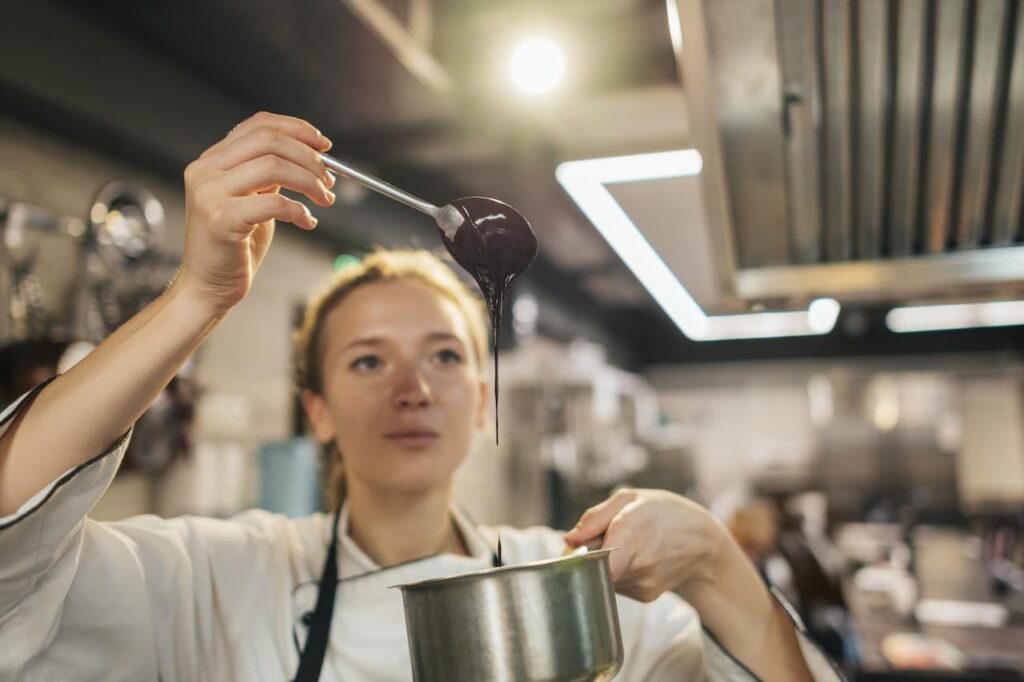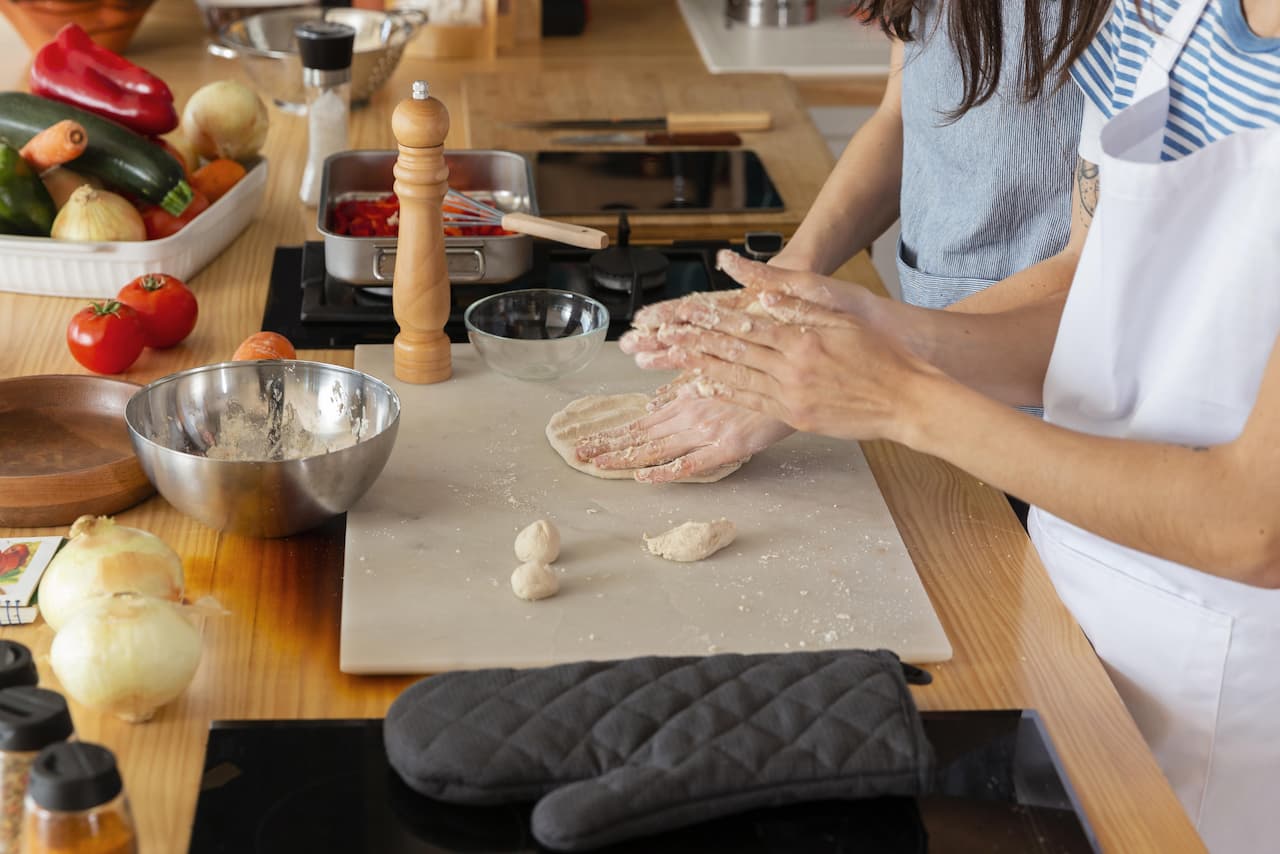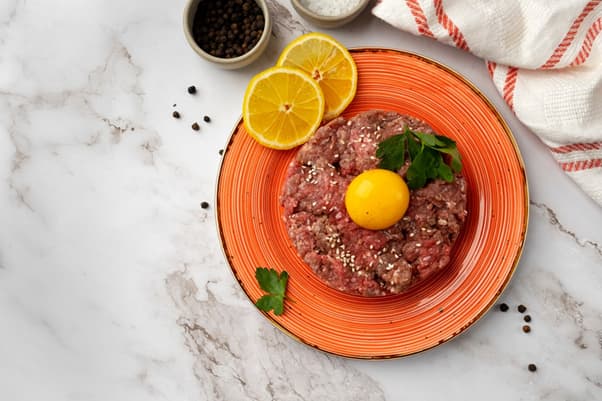Cooking isn’t just about preparing food; it’s a delightful blend of creativity, precision, and science. Whether you’re a novice in the kitchen or a seasoned chef, honing your skills can transform simple ingredients into culinary masterpieces.
Mastering basic techniques: the foundation of exceptional dishes
Every chef’s journey begins with mastering basic cooking techniques. From sautéing and roasting to braising and baking, understanding these fundamentals lays the groundwork for creating delicious meals. Precision in temperature control, knife skills, and ingredient pairing are essential. For instance, perfecting the art of sautéing onions until they caramelize enhances flavor profiles significantly.
Embracing global flavors: infusing diversity into your kitchen
In today’s interconnected world, exploring global cuisines enriches your culinary repertoire. Experimenting with spices like sumac from the Middle East or using techniques such as stir-frying from Asia can elevate your dishes to new heights. Understanding different culinary traditions not only expands your palate but also broadens your understanding of flavor combinations and cooking methods.
SEO Connection: When delving into diverse culinary techniques, incorporating keywords like “global flavors” and “international cuisine” can attract a broader audience interested in multicultural cooking experiences. For those wanting to delve deeper into how diverse flavors enhance dishes, resources like Doktor Seo provide insights into optimizing content to reach a wider audience interested in culinary exploration.
Seasonal cooking: harnessing nature’s bounty
Seasonal ingredients offer peak freshness and optimal flavor profiles. From vibrant summer tomatoes to hearty winter squash, aligning your recipes with seasonal availability ensures ingredients are at their best. Seasonal cooking not only enhances taste but also promotes environmental sustainability by reducing transportation impacts and supporting local farmers. Embrace seasonal ingredients to create dishes that celebrate nature’s bounty throughout the year.
Local ingredients: celebrating community and culture
Exploring local ingredients celebrates regional diversity and culinary traditions. Whether it’s artisanal cheeses from nearby dairies or heirloom grains cultivated by local farmers, integrating local ingredients adds depth and authenticity to your dishes. Supporting local producers strengthens community ties and fosters a deeper appreciation for the origins of your food. Embrace local flavors to enrich your culinary creations with a sense of place and heritage.
Plating techniques: crafting visual masterpieces
Mastering plating techniques transforms a meal into a feast for the eyes. Utilizing negative space, garnishes, and contrasting colors enhances the aesthetic appeal of dishes. Techniques such as stacking, layering, and using geometric shapes create visual interest and showcase culinary craftsmanship. Attention to detail in presentation reflects your dedication to culinary artistry and enhances the overall dining experience.
Photography tips: capturing culinary creations
In the digital age, sharing culinary creations extends beyond the dining table. Quality food photography captures the essence of your dishes and invites others to appreciate your culinary skills. Lighting, composition, and styling play crucial roles in creating visually appealing food images. Techniques like natural light photography or using props to enhance storytelling can elevate the visual impact of your culinary photography.

Sustainable cooking practices: nurturing your palate and the planet
As awareness of environmental impact grows, so does the importance of sustainable cooking practices. Choosing locally sourced ingredients, reducing food waste, and embracing plant-based recipes contribute to both healthier eating habits and a greener planet. Techniques like composting kitchen scraps or using reusable food storage can significantly minimize your carbon footprint while fostering a more mindful approach to cooking.
Elevating your cooking skills involves a blend of technique, creativity, and a willingness to explore. Whether you’re refining basic skills, exploring global flavors, or embracing sustainability, each step enhances not only your culinary prowess but also your appreciation for the art of cooking. By continuously learning and experimenting, you transform everyday meals into extraordinary dining experiences.
In summary, cooking is a journey that rewards curiosity and persistence. By mastering techniques, embracing diversity in flavors, and adopting sustainable practices, you not only improve your cooking but also contribute to a healthier, more flavorful world.



